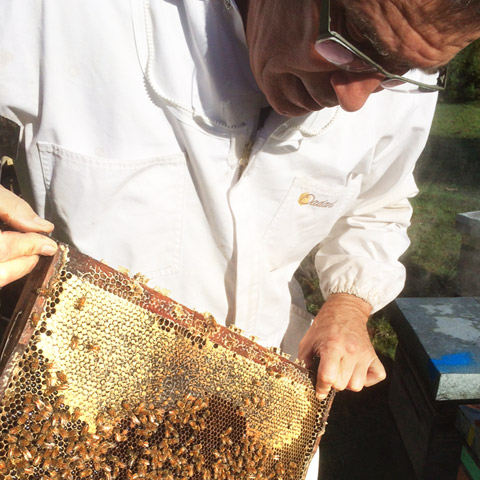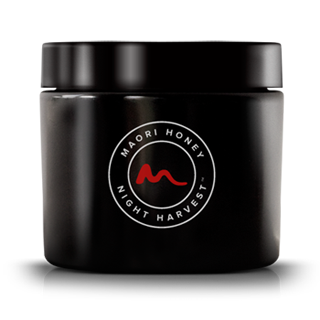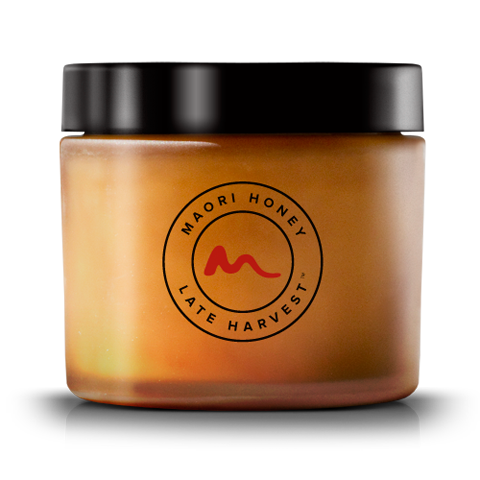
My Journey with The Bees
Danny Watson, Managing Director of Maori Honey.
--
It all began...
When I was at the barbers in Porirua as a ten year old boy having the obligatory three weeks hair cut. While sitting in the barbers waiting my turn we all heard a woman screaming.
We ran out of the barbers and there she was standing in front of her car with thousands of bees flying around the front left wheel of her car. Some bees had settled in a huge seething mass hanging over the tyre and literally running down the wheel to the hubcap.
Everyone stood around fascinated by the swarm. No one seemed to know what to do so I raced off to a nearby shop and got hold of a small empty cardboard box. Now I had read in the “Look and learn” magazines that we got every week that when bees swarm they are so gorged with honey that they don’t sting and at the same time are so docile that they all clump together and they can be “poured’ like water into another hive.
So here I was, with my box, no bee suit or gloves full of confidence because I had read about it. I placed the box next to the wheel under the bees and using my right hand I brushed the bees off the top of the tyre into the box. They literally did pour like water.
Closing the lid and taking the box back to the barbers, they made me leave the it outside while I got my hair cut. Then, box in hand, I made my way down to the bus stop to make my way home. So onto a bus filled with commuters. I didn’t make an issue of the box, knowing that if the driver knew what was in it I would be walking home!
--
First Hive and first look at Manuka.
When I got home I put the bees, box and all into an old apple box and left them outside for the night. The next day, before school I got one of my dad’s saws and cut a small entrance into the end of the box, (just like the pictures I remembered) and poured the bees into the wooden box. Over the next couple of days I kept an eye on them and found that they were not too aggressive and at one point when I looked into the box I realized they were producing wax and shaping it into frames.
After a couple of days I carried my first hive off to the local bush and placed it in an area away from prying eyes.
A couple of months later I start seeing plenty of bees following a distinct pathway to and from a bank in the scrub. Here is an old log lying across a slope, half buried in scrub and clay. The bees were flying in and out bringing back their nectar and pollen. I could see the little yellow bundles of pollen bulging on their legs.
What I didn’t know then but do know now is that these little bees were into manuka way before the rest of us!
--
There is much, much more to our story, and we will publish this via social media as we continue however...
Here's a few notable highlights:


